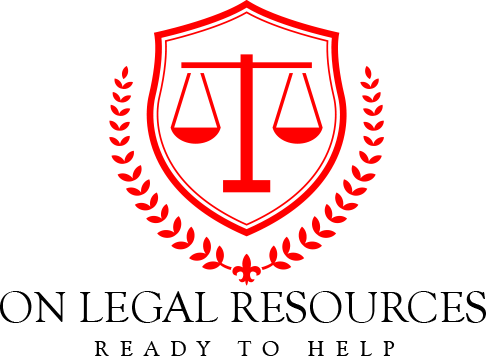Driving Down Your Tickets: The Hidden Financial Benefits of Defensive Driving
August 19, 2025
We’ve all been there: a quick glance at the rearview mirror reveals the unmistakable flashing lights of a police car. The sinking feeling in your stomach is quickly followed by the sting of a traffic ticket, which seems like a simple fine at first. But a closer look reveals that a single ticket is not just a one-time charge; it’s the beginning of a cascade of hidden costs that can impact your finances for years to come. From increased insurance premiums to license points and other fees, a ticket is a powerful reminder that every action on the road has a consequence. This is where online defensive driving course ny, often seen as a simple safety measure, reveals its true hidden value as a powerful financial tool that can save you a significant amount of money in the long run.
Defensive driving is more than just following the rules; it’s a proactive mindset that teaches you to anticipate and react to the actions of other drivers and road conditions. It’s about being prepared for the unexpected, and in doing so; it acts as a shield against the financial fallout of a traffic violation. The tangible benefits are not just in avoiding the initial fine, but in preventing a host of costly domino effects that most people don’t consider.
The Direct Cost: Fines and Legal Fees
Cost- This is one of the direct monetary consequences of a traffic ticket. A speeding ticket, a red-light violation, or an improper lane change can easily cost you hundreds of dollars. The amount varies widely depending on the type of violation, how fast you were going, and where the offense occurred. But the fine is often just the beginning.
In some cases, a single ticket can lead to additional costs, such as court fees, administrative charges, and mandatory surcharges. If you decide to fight the ticket, you might have to pay for an attorney, which can add hundreds, if not thousands, of dollars to the total bill. These immediate costs are painful, but they are only the surface of the financial damage. Defensive driving, by teaching you to maintain a safe speed, anticipate traffic changes, and follow all road signs, directly helps you avoid these immediate fines and fees.
The Hidden Financial Hit: Insurance Premium Hikes
The most significant and long-lasting financial consequence of a traffic ticket is the impact on your car insurance rates. Your risk level is calculated on the basis of your driving record as a way of assessing risk by insurance companies. A ticket, especially for a moving violation, signals that you are a higher risk driver, which can lead to a substantial increase in your monthly or yearly premiums.
The rate hike isn’t a one-time charge; it can follow you for years, compounding the cost of the initial fine. Depending on your state’s laws and your insurance company’s policies, a single ticket can increase your premiums by hundreds or even thousands of dollars over a three- to five-year period. This hidden cost can easily become the most expensive part of the ticket.
Taking a defensive driving course, however, can often help you mitigate these rate increases. More insurance companies will give a lower premium to those drivers volunteering to take a certified program on defensive driving. This discount can help offset the financial impact of a ticket or, for drivers with a clean record, prevent a rate hike in the first place. Some states even allow drivers to have a ticket dismissed or a certain number of points removed from their record by completing a course, directly protecting them from a future premium increase.
Conclusion
In a world where every dollar counts, a traffic ticket can feel like an unnecessary and frustrating blow to your budget. However, the true cost is often hidden in the long-term financial consequences of insurance rate hikes and a tarnished driving record. Defensive driving is not just about being a better driver; it’s a strategic investment in your financial health. By learning to anticipate and avoid tickets, you save money on fines and legal fees, prevent a significant increase in your insurance premiums, and protect your license from accumulating points.
